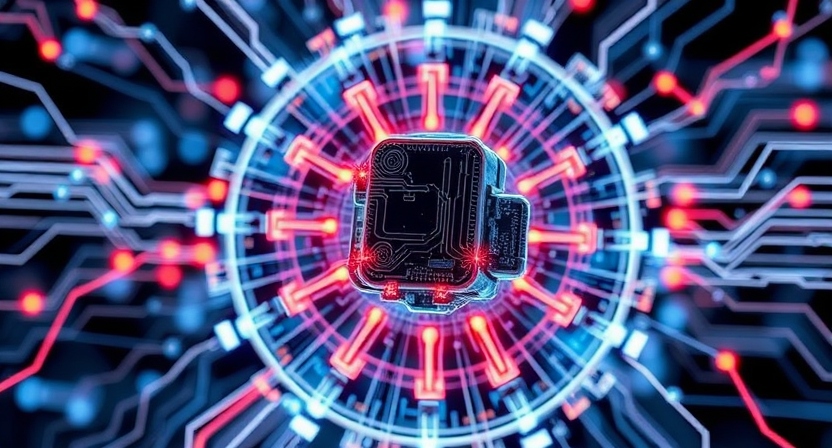In the age of digital transformation, businesses are increasingly integrating technology into their operations to gain a competitive edge. One such transformative innovation is Cyber-Physical Systems (CPS). By combining physical and digital components, CPS offers unparalleled efficiency and operational excellence. Let’s explore how adopting these systems can elevate your business performance.
What Are Cyber-Physical Systems?
Cyber-Physical Systems are integrations of computational algorithms and physical processes. They utilize sensors, actuators, and real-time data processing to monitor and control physical systems. Examples include smart factories, autonomous vehicles, and IoT-enabled devices.
CPS bridges the gap between the digital and physical worlds, enabling businesses to operate with precision, intelligence, and adaptability.
How CPS Enhances Business Efficiency
1. Real-Time Monitoring and Control
With CPS, businesses can monitor physical processes in real time. Sensors collect data that is processed instantly, enabling swift decision-making and immediate action. This reduces downtime and enhances productivity.
2. Predictive Maintenance
CPS uses advanced analytics to predict equipment failures before they occur. By addressing issues proactively, businesses can minimize disruptions, extend equipment lifespan, and save costs associated with unexpected breakdowns.
3. Automation and Optimization
CPS automates repetitive tasks, reducing the need for manual intervention. Algorithms analyze data to optimize workflows, enhance resource allocation, and streamline operations. This results in higher efficiency and lower operational costs.
4. Enhanced Supply Chain Management
By integrating CPS into supply chain operations, businesses can achieve better inventory tracking, demand forecasting, and logistics management. Real-time insights ensure smooth operations and reduce waste.
5. Improved Customer Experiences
CPS can personalize customer experiences by analyzing behavioral data and adjusting offerings accordingly. For example, smart retail systems can suggest products based on customer preferences, boosting satisfaction and loyalty.
Industries Benefiting from CPS
- Manufacturing: Smart factories with CPS enable predictive maintenance, automated production lines, and real-time quality control.
- Healthcare: CPS powers medical devices that monitor patient health and deliver precise treatments.
- Transportation: Autonomous vehicles and intelligent traffic systems reduce congestion and enhance safety.
- Energy: Smart grids use CPS to optimize energy distribution and reduce waste.
Steps to Implement CPS in Your Business
- Assess Business Needs: Identify areas where CPS can make the most impact.
- Invest in Technology: Procure sensors, actuators, and software tailored to your operations.
- Build a Skilled Team: Train staff to manage and optimize CPS solutions.
- Integrate Systems: Ensure seamless communication between digital and physical components.
- Monitor and Adapt: Continuously evaluate performance and refine processes.
The Long-Term Impact of CPS
Implementing Cyber-Physical Systems is an investment in your business’s future. By enhancing efficiency, reducing costs, and improving customer satisfaction, CPS positions your company for sustained growth. Moreover, as technology evolves, CPS can adapt and scale with your needs, ensuring long-term relevance and competitiveness.
Conclusion
Cyber-Physical Systems represent the next frontier in business efficiency. By seamlessly integrating the physical and digital worlds, they unlock new possibilities for automation, optimization, and innovation. Embrace CPS today to transform your operations and achieve unparalleled efficiency in your business.

